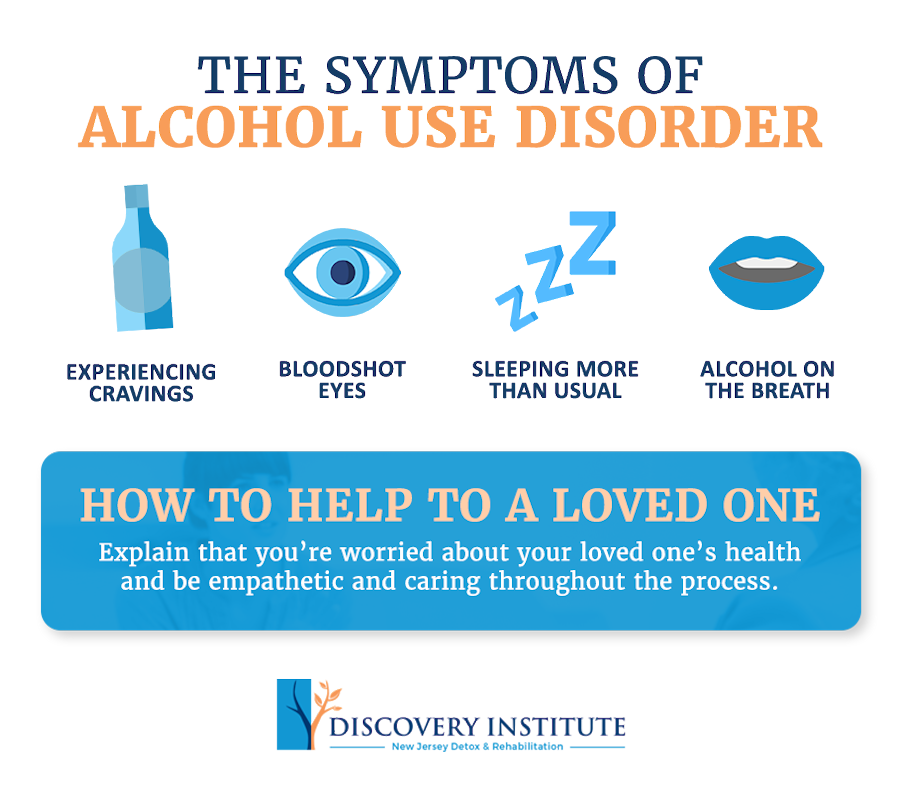When drinking becomes problematic, an individual can no longer control their alcohol use. It is essential to master the task of what to say when confronting an alcoholic. A person might have an alcohol use disorder when the drinking progresses to this point.
It may take some time to learn how to talk to someone about their drinking. For example, the person will continue to drink despite the negative effects it presents on their life.
According to the Substance Abuse and Mental Health Services Administration (SAMHSA), 1 in 12 adults in America suffers from a substance abuse disorder. In total, that is about 19 million adults. Substance use disorders can indeed manifest in a variety of ways, but alcohol use disorder is specifically important.
The National Institute of Alcohol Abuse and Alcoholism (NIAAA) discovered that in 2019, more than 14 million adults suffered from an alcohol use disorder. An alcohol use disorder (AUD) is a chronic but treatable condition that can develop with certain psychological adaptations and cognitive changes. AUDs make it difficult for an alcoholic to stop drinking if they wanted to.
What are The Symptoms Of Alcohol Use Disorder?
As a family member of the loved one struggling with alcoholism, it is crucial to be aware of different physical and behavioral signs of the person. Confronting alcoholics isn’t an easy process, but it can be mastered efficiently. There are varying signs to be aware of for each change.

What are the Physical Symptoms?
- Alcohol on the breath
- Sleeping more than usual or appearing tired
- Unsteady gait
- Bloodshot eyes
What are the Behavioral Symptoms?
- The individual will appear hostile.
- The individual will appear moody.
- The individual will appear angry.
- The individual will appear less interested in work activities, school work, or relationships.
- The individual will begin being secretive about their whereabouts, alcohol use, what they are doing, or the people they are with.
What are the Signs Of Alcohol Use Disorder?
- Expressing the desire to stop drinking or cut down but are unable to
- Experiencing cravings, which means feeling the need to drink a large amount where they experience a brain fog
- Continuing to drink even though it causes problems with friends and family
- Getting into dangerous situations during or after drinking, therefore increasing their chances to harm someone else or themselves
- Drinking more or higher amounts than originally intended
- Being unable to meet responsibilities at home, work, or school because of their drinking
- Cutting back or stopping time spent on activities or other hobbies, what the individual once enjoyed before they started drinking
Other signs of AUD include:
- Drinking alone, during the day or work hours or drinking while operating a car, heavy machinery, or while attempting dangerous tasks
- Regularly consuming more alcohol than was planned then feeling guilty or attempting to hide it
- Experiencing memory loss and frequent blackouts
- Feeling uneasy or uncomfortable when alcohol is unavailable
- Experiencing emotional, legal, or financial consequences from drinking
- Binging heavily, experiencing cravings, and physical changes such as gastrointestinal issues
- Being unable to control the amount consumed and unable to take a break from it
- Having shakes or tremors when not drinking
Creating a Plan for Confronting an Alcoholic Once it has been established that a friend, family member, coworker, or loved one is experiencing alcohol addiction, the thought of preparing a conversation can be emotionally taxing. When a person writes down ideas or a plan, it can be extremely helpful. By writing down the main points, the ideas will be formulated and remembered.
How to Talk to Someone About Their Drinking
Focus concern on your loved one’s drinking
When confronting an alcoholic, it is essential to use “I” statements to express concerns and feelings on the impact of the loved one’s alcohol use. Statements that could be used during this time are “I am concerned about your alcohol use.” Another statement that also could be used is “I’ve noticed that I’m increasingly worried when you come home late at night and I don’t know where you’ve been.”
Explain that you’re worried about your loved one’s health
It is highly recommended that feelings are genuinely expressed by saying a line such as, “I’m concerned that drinking so much every day is harming your health. I’ve noticed that you’re sleeping all day on the weekends.”
Avoid using labels like “alcoholic” or “addict.”
Instead of addressing the individual with a label, focus on the person and the behavior. When people are suffering from alcohol addiction, they can become defensive or upset when they are referred to by those labels.
Be understanding and empathetic
It is important to use empathetic statements, and not blaming ones. One statement to use is, “I know that you are feeling more stressed than usual.” Another great statement to be used is, “I know that you’ve been feeling more pressure and having a hard time at work.”
Offer options instead of demands
A good option to suggest instead of, “You need to get help,” would be, “I was wondering if you would consider seeking a doctor to talk about your alcohol use.” It might be apparent to the loved one that the individual struggling should seek help, but it’s always up to the person to decide what is best for them. The loved one cannot force the individual struggling to engage in a task they aren’t interested in; they can only suggest it.
Steps to Take Before and After Confronting an Alcoholic
Step 1: Seek Support
When an individual seeks support through therapy and resources, it helps lessen the gap. The individual struggling is not in the challenge alone. The resources help the loved one understand the approach and provide additional strategies for addressing the alcohol abuse.
At Discovery Institute, our team understands how each client is unique. We know how to treat and care for each individual by giving them a specialized patient treatment plan.
Step 2: Engage in Self Care
When a loved one is focused on the family member facing an addiction, it is easy to forget about self-love. However, when a person is burnt out, the chances of providing support and love are less likely to occur. To engage in self-care, the family member should make sure to seek therapy during stressful times.
The main objective of attending individual and group therapy is being in a safe place where feelings are processed and encouraged. Healthy boundaries must be set when a person struggles with alcohol use disorder.
It is essential to remember that every feeling is valid, and it isn’t selfish to engage in self-care. Sometimes when a loved one cares for a person struggling, they may engage in rescuing, caretaking, and enabling behaviors unknowingly. Sometimes, an unhealthy emotional reliance develops. This is known as codependency.
Treatment Options for Alcohol Use Disorder

If a loved one presents readily available resources, the individual might be more willing to consider treatment. The National Institute on Drug Abuse (NIDA) studies show that people who need help for an alcohol abuse disorder will resort back to their old ways if their treatment isn’t readily accessible or immediately available. The earlier someone gets help, the more effective treatment will be.
Detox
Detox is needed when an individual drinks daily, binges on high quantities of alcohol, or cannot control the amount they drink. There are a plethora of individuals who do not feel they need alcohol detox, but it might be required to conquer addiction.
Most people do not have an alcohol use disorder, they engage in drinking casually, socially, on the weekends, and for special occasions. Alcohol is one of the most socially widespread and suitable substances used in society. Individuals must discover for themselves if they are dependent on alcohol to function normally.
Detox can be dangerous if not performed properly. To avoid deadly and dangerous alcohol withdrawal symptoms, the individual must enter a medically supervised facility.
Generally, the person’s detox symptoms will be worse due to how much a person drinks. Alcohol detox is unique for each individual based on:
- Underlying emotional and medical issues
- The amount of time a person has been drinking inordinately
- How much alcohol the patient was consuming
- The person’s overall physical health
Therapy
After detox, therapy can be especially beneficial for someone recovering from alcohol use disorder. Some options for therapy include individual therapy, group therapy, and cognitive behavioral therapy (CBT). Therapy can help your loved one understand what drives them to drink. This can also be good for you when you’re thinking about what to say to an alcoholic. A therapist can give you the tools you need for confronting an alcoholic and telling them that you’re concerned for their health.
Find Help at Discovery Institute Today
Confronting an alcoholic can be tough, but it is necessary to get a loved one the help they need. We specialize in multiple areas of care ranging from residential drug rehab treatment, intensive outpatient treatment, relapse prevention, detox, and many other programs. We value the importance of mental, medical, and spiritual health. Alcohol addiction can be beaten. Contact us today to get started.



